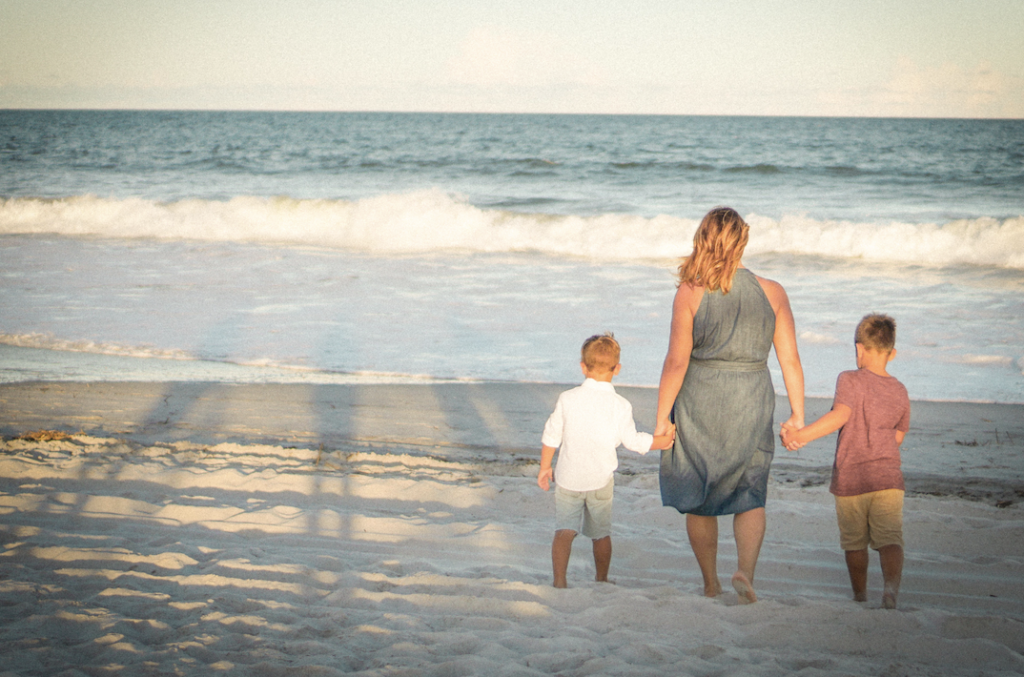Part III: How Children Can Heal from the Effects of Domestic Violence

“Don’t give up on yourself and your children. Healing takes time, but it does happen.”- Lundy Bancroft
This is the third part of a series dedicated to domestic violence and children:
- Part I: how domestic violence impacts children
- Part II: how to talk to children about domestic violence
According to the Childhood Domestic Violence Association, five million children witness domestic violence each year in the United States, and 40 million adult Americans grew up living with domestic violence. Children are significantly impacted by witnessing domestic violence and can experience emotional, behavioral, physical, social and cognitive effects. Due to the many effects of domestic violence on children, it is normal to fear your child will be permanently damaged, but it is important to know that your child can heal from domestic violence.
So how can a child heal from the experiences of domestic violence?
For children to heal, one of the most important factors is the child’s relationship with their mother. Children heal through their connection with their mother and the comfort they feel from being able to express their feelings and be listened to. It is important to have quality time with your children whether it is a few minutes before bed, finding time to play their favorite board game or run around outside.
Children also need to feel safe to heal. It is difficult for a child to heal if they are not in a safe environment or if they are continually experiencing or witnessing abuse. Children need to feel physically and emotionally safe to express their feelings. If children are still living in the same household with their abusive father, it is important to make the environment as safe as possible. Consider creating an individualized safety plan with your child or identifying a place you could take them if the abuse escalates. (If you need help creating a safety plan, call our 24-hour hotline at 214.946.HELP.)
Additional key elements of a child’s healing include positive relationship with siblings, connection to self, and healthy relationships with other loved ones, including peers, family members and teachers. Children can also heal through talking about and expressing feelings, releasing distressing emotions, and learning how to process witnessing or experiencing abuse.
Counseling is one of the most effective ways to learn how to process these feelings; it provides a safe environment for children to express their emotions, learn information on domestic violence, healthy relationships and safety, and process the trauma they have experienced. It can also provide a safe place for the child and mother to reconnect with each other, allowing opportunities for the mother to receive parenting support and education on how domestic violence impacts children.
If you are interested in learning more about this, a great resource is “When Dad Hurts Mom” by Lundy Bancroft.
Written by Jordan Gates, women & children’s therapist at Genesis Women’s Shelter
